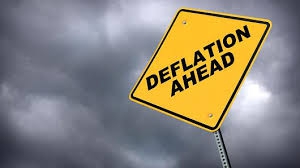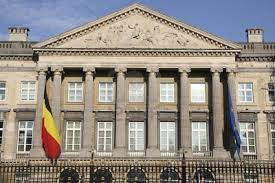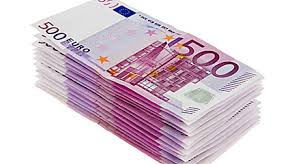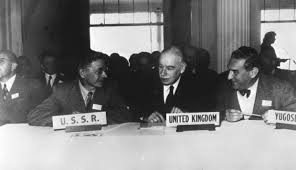
2015 : how can we break out of deflation ?

DEFLATION AND LOW INTEREST RATES: A THREAT TO THE BANKS

THE REAL CRISIS IS ABOUT THE ROLE OF GOVERNMENT

THE EURO: ONE OF THE BIGGEST ECONOMIC CATASTROPHES IN MONETARY HISTORY ?

THE BRETTON WOODS AGREEMENTS WERE INTRODUCED 70 YEARS AGO
This blog shares some insights regarding the european monetary policy and related economic topics.
Dr. Bruno Colmant, CFA, FRM
Prof. at Vlerick Management School and Louvain School of Management
Member of the Belgian Royal Academy
